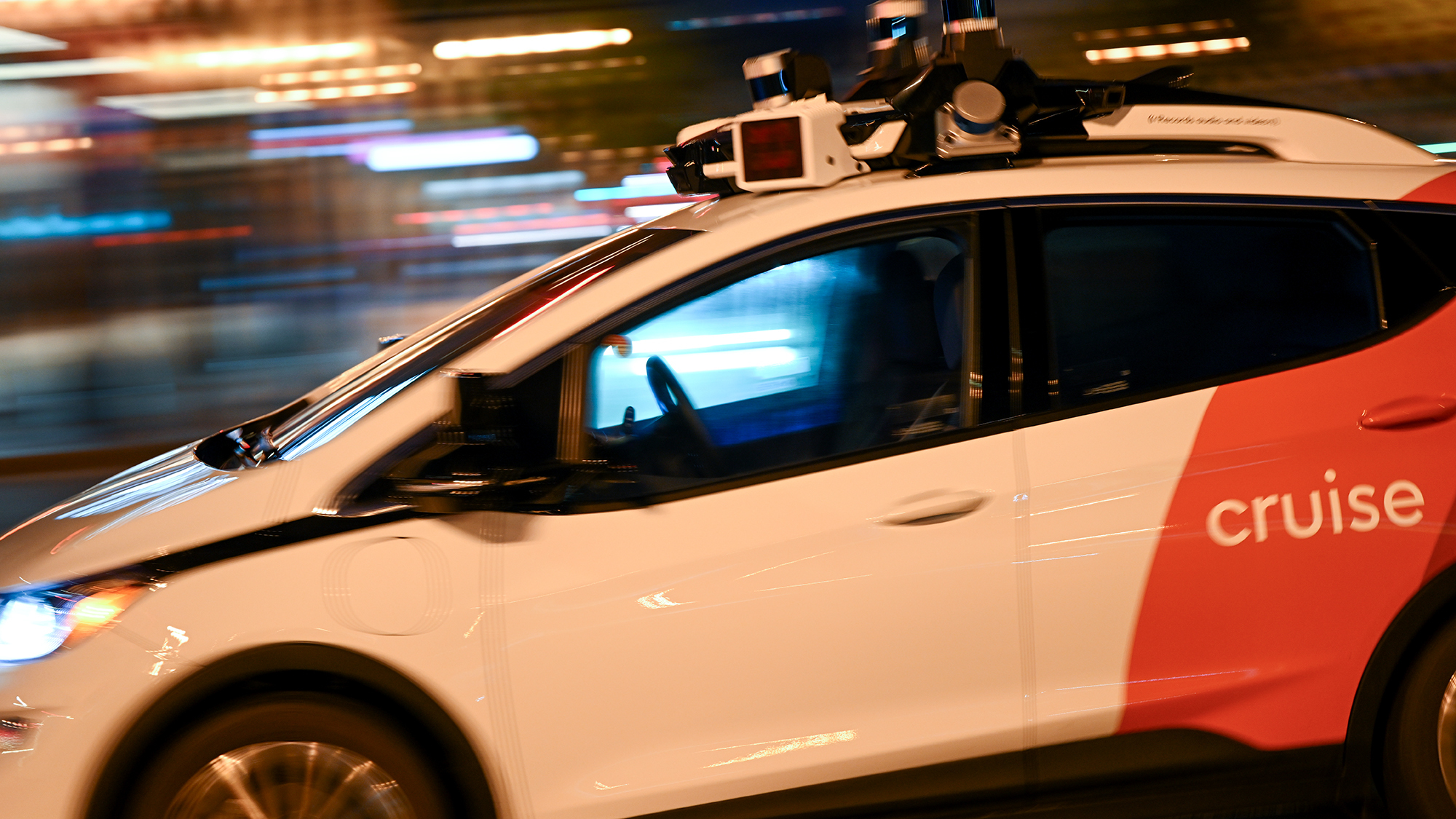

Cruise CEO Kyle Vogt announced his resignation from the controversial robotaxi startup on Sunday evening. The co-founder’s sudden departure arrives after months of public and political backlash relating to the autonomous vehicle fleet’s safety, and hints at future issues for the company purchased by General Motors in 2016 for over $1 billion.
Vogt’s resignation follows months of documented hazardous driving behaviors from Cruise’s autonomous vehicle fleet, including injuring pedestrians, delaying emergency responders, and failing to detect children. Cruise’s Golden State tenure itself lasted barely two months following a California Public Utilities Commission greenlight on 24/7 robotaxi services in August. Almost immediately, residents and city officials began documenting instances of apparent traffic pileups, blocked roadways, and seemingly reckless driving involving Cruise and Google-owned Waymo robotaxis. Meanwhile, Cruise representatives including Vogt aggressively campaigned against claims of an unsafe vehicle fleet.
[Related: San Francisco is pushing back against the rise of robotaxis.]
“Anything that we do differently than humans is being sensationalized,” Vogt told The Washington Post in September.
On October 2, a Cruise robotaxi failed to avoid hitting a woman pedestrian first struck by another car, subsequently dragging her 20 feet down the road. GM issued a San Francisco moratorium on Cruise operations three weeks later, followed by a nationwide expansion of the suspension on November 6.
But even with Cruise on an indefinite hiatus, competitors like Waymo and Zoox continue testing autonomous taxis across San Francisco, Los Angeles, Phoenix, Austin, and elsewhere to varying degrees of success. As The New York Times reports, Waymo’s integration into Phoenix continues to progress smoothly. Meanwhile, Austin accidents became so concerning that city officials felt the need to establish an internal task force over the summer to help log and process autonomous vehicle incidents.
[Related: Self-driving taxis allegedly blocked an ambulance and the patient died.]
In a thread posted to X over the weekend, Vogt called his experience helming Cruise “amazing,” and expressed gratitude to the company and its employees while telling them to “remember why this work matters.”
“The status quo on our roads sucks, but together we’ve proven there is something far better around the corner,” wrote Vogt before announcing his plans to spend time with his family and explore new ideas.
“Thanks for the great ride!” Vogt concluded.
